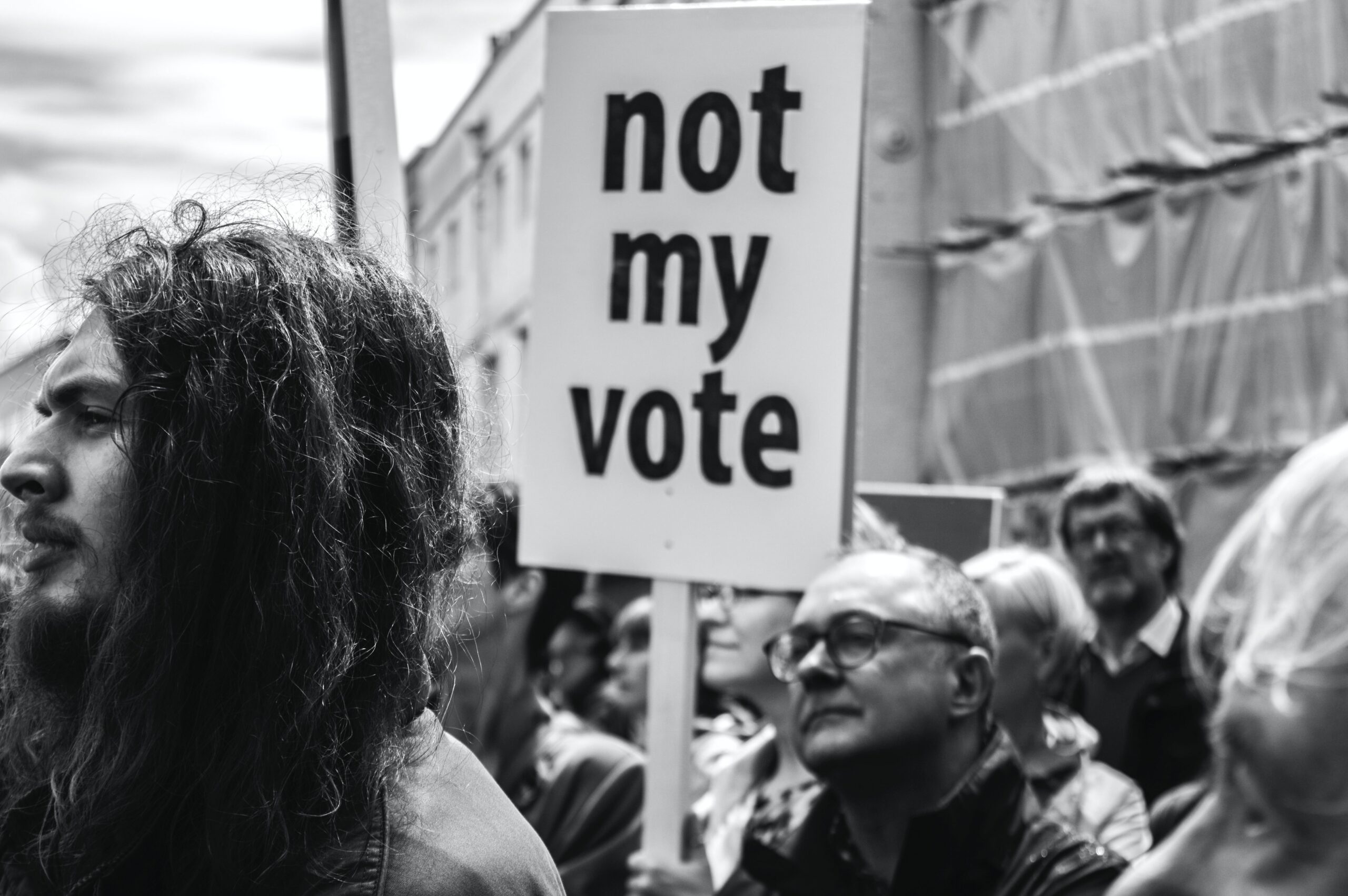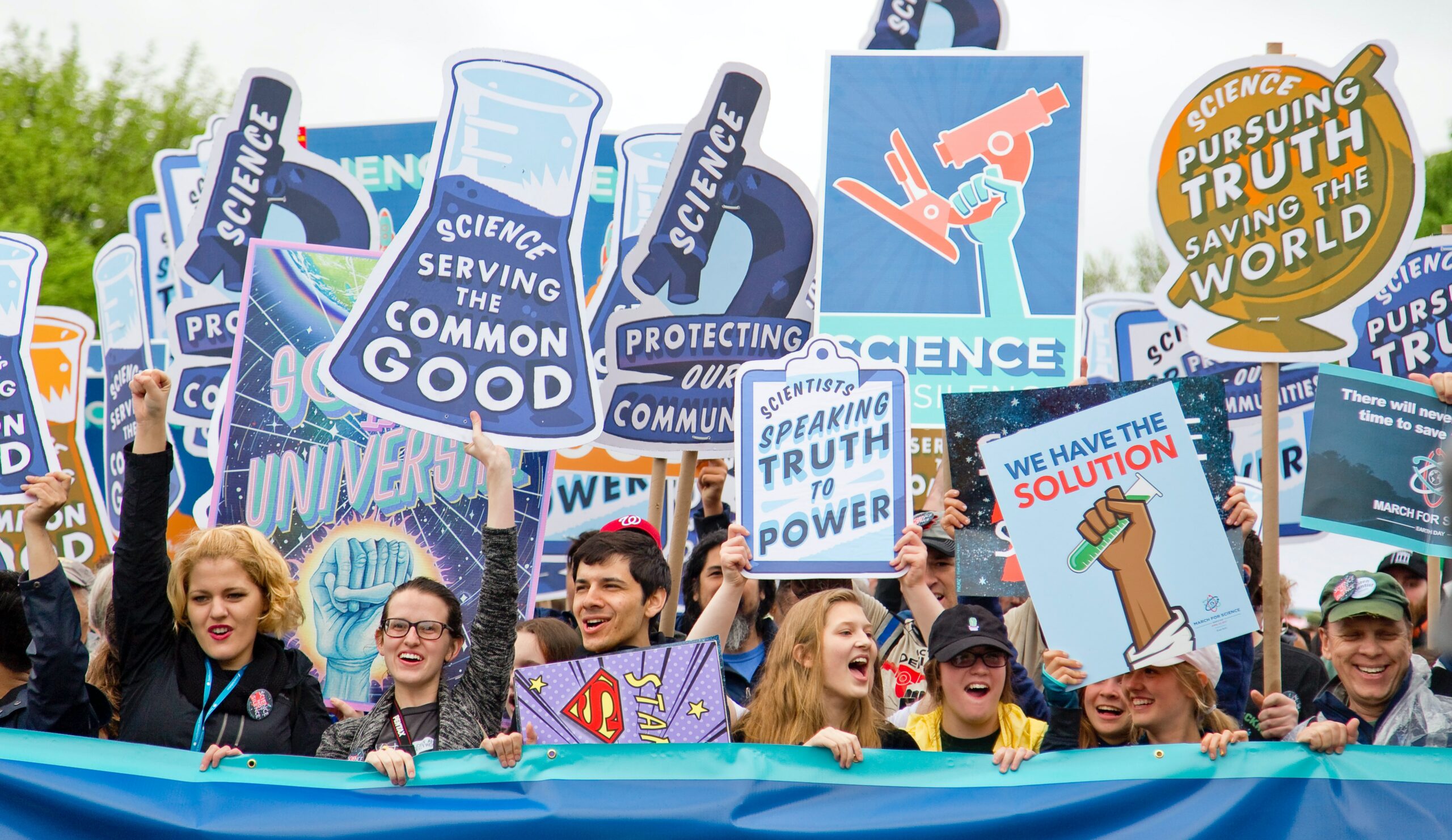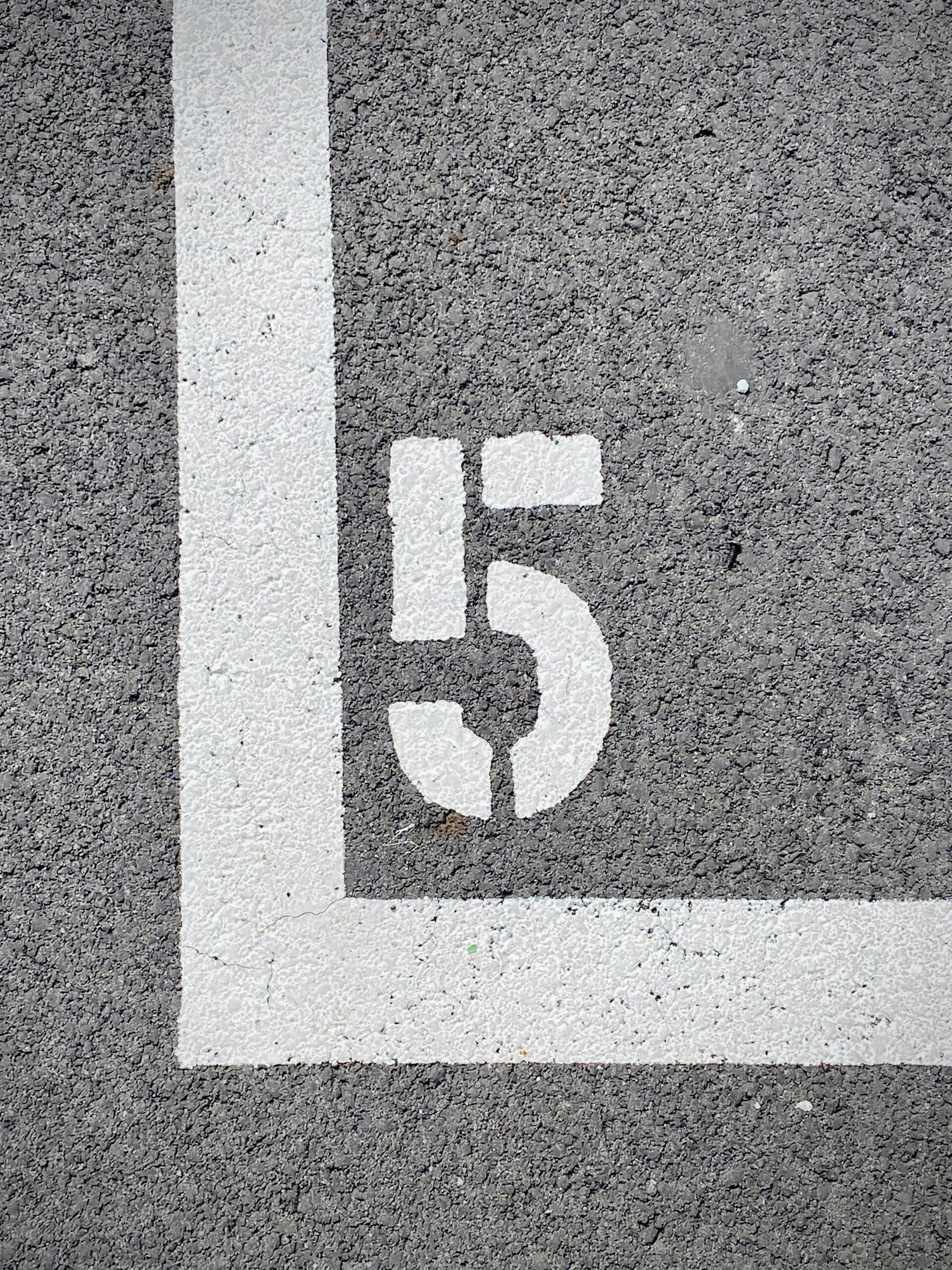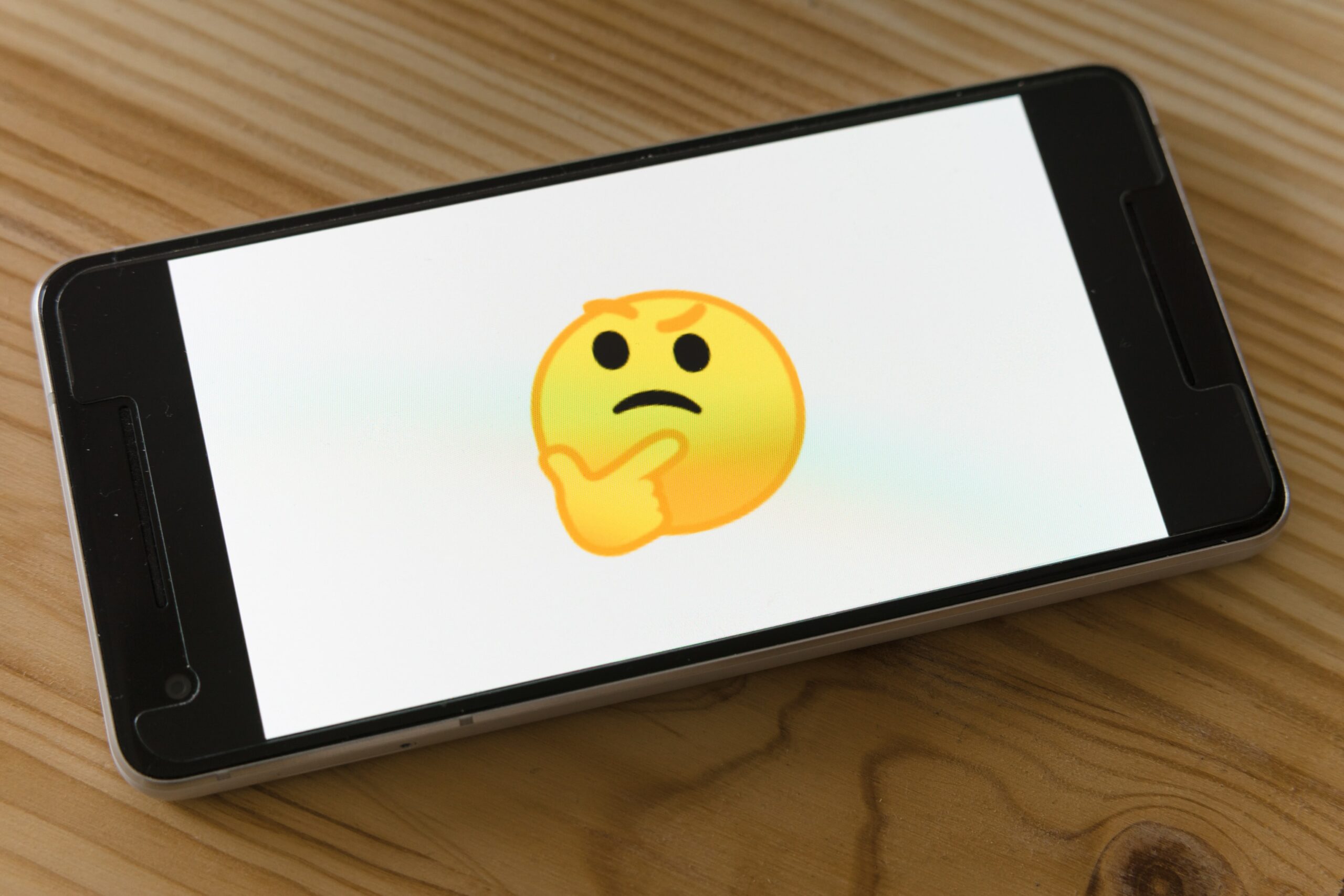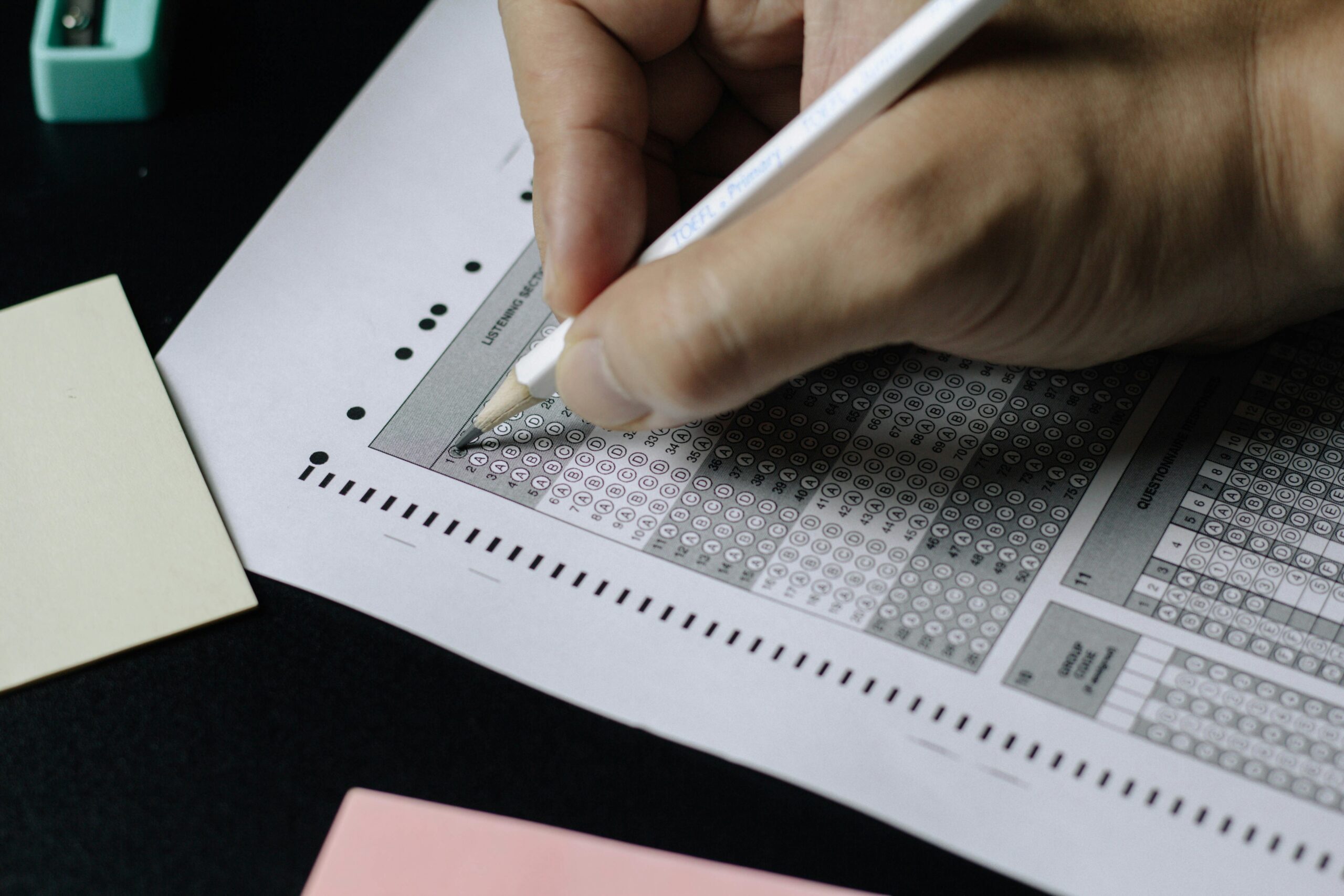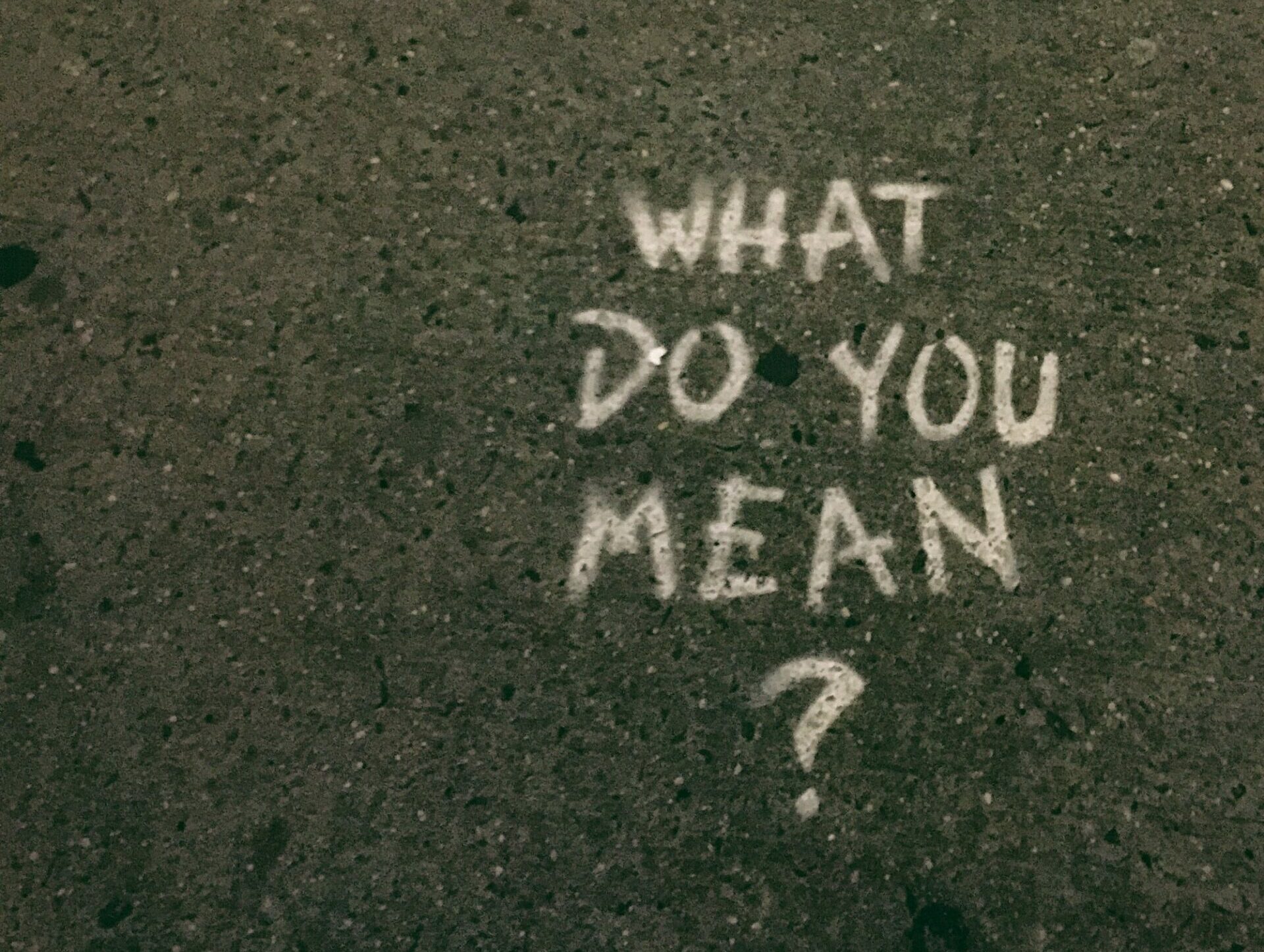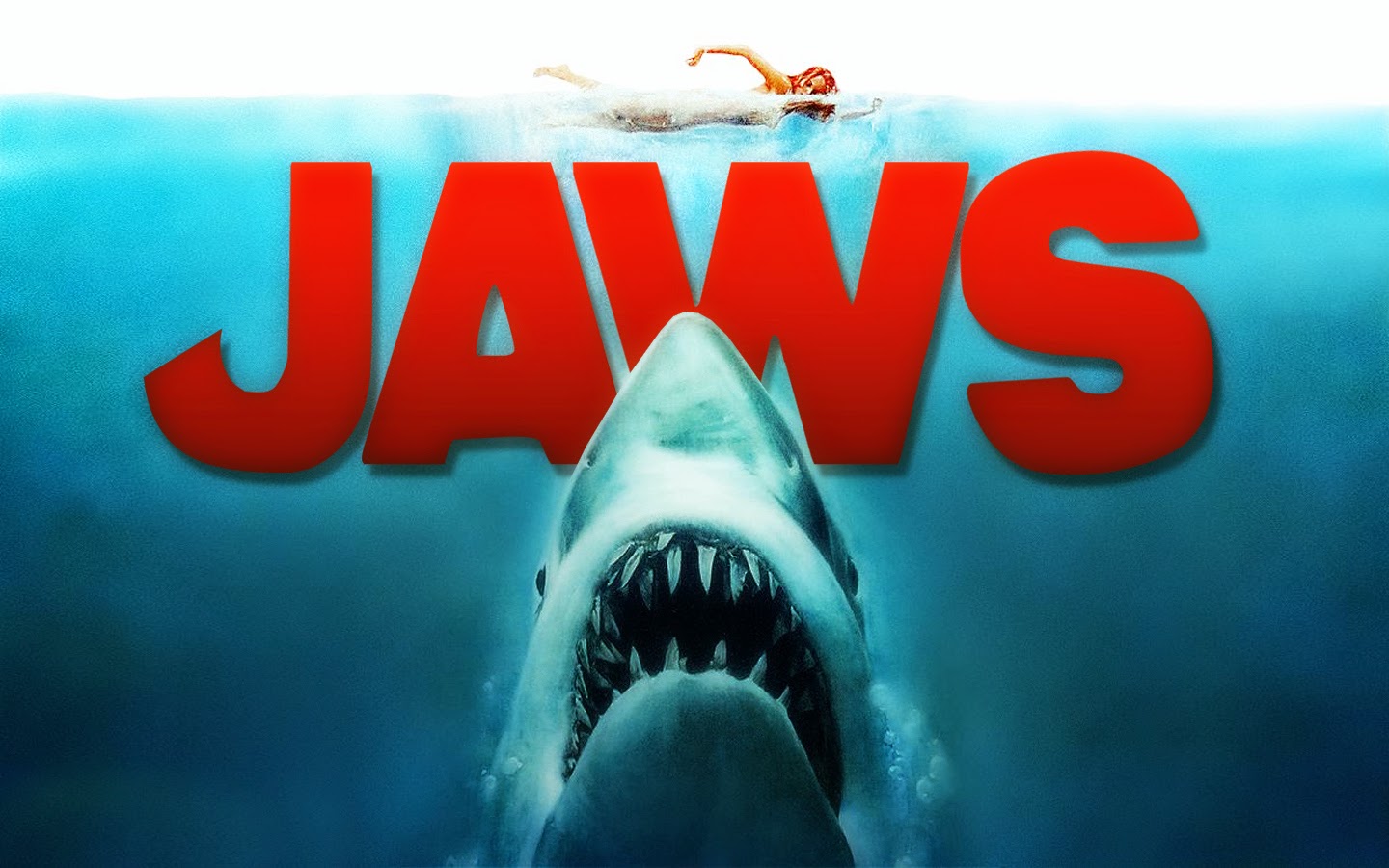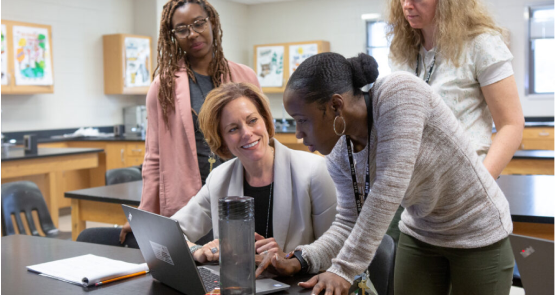Cultivating Critical Thinking and
Reflective Thought in the 21st Century
Why Critical Thinking
“Critical thinking is the skill that makes us human, the one capacity that truly distinguishes us as a species. It is also something we can learn and get better at over time.”
![]() Helen Lee Bouygues
Helen Lee Bouygues
President, Reboot Foundation
Research:
Critical Thinking in the Digital Age
Reboot underwrites academic research on critical thinking, and conducts its own surveys and polls on topics and issues related to critical thinking, media literacy, and social media.
Insights on Critical Thinking
Everything You Need To Know About Attribution Bias
- 09 October 2023
Have you ever been in a sales meeting and you just nailed your presentation? Or perhaps you picked a stock that is taking off due to your uncanny financial acumen. Maybe you made a mouthwatering appetizer for a holiday dinner that showcases your skills as a top chef. While it is possible these things are true, it’s just as likely that the client was desperately in need of your firm’s services anyway; that it’s not your financial savvy but a bullish market that gets the credit for a good stock pick; or perhaps people were just hungry waiting for a
Everything You Need To Know About The Halo Effect
- 25 September 2023
The notion that first impressions are irreversible and ever-lasting is ingrained in our culture. “You never get a second chance to make a first impression” was even used as a tagline for a major shampoo brand throughout the 1980s. Why are first impressions so important and can they really make-or-break new opportunities? To answer these questions, understanding a cognitive bias known as the “halo effect” is key. The halo effect occurs when an initial positive first impression unduly influences your opinion of that person as a whole. For example, celebrities are often very attractive people, so their fans often assume
Everything You Need To Know About The Framing Effect
- 08 June 2023
Imagine your legislature is considering new laws that would require background checks and waiting periods for the purchase of a firearm. Proponents say the laws are needed to protect society and keep children safe. On the other side, opponents say the laws will infringe on the Constitutional rights of citizens. Both sides are talking about the same proposed laws. Which side would you be more likely to support?Oftentimes, we make decisions based on how information is presented, rather than the information itself. When that takes place, we may be falling prey to a cognitive bias called the framing effect. What
Everything You Need To Know About Declinism Bias
- 01 May 2023
We’ve all heard the old timers talk about how life was “back in my day.” It’s usually followed by fond recollections or a commentary about how much better life used to be. This kind of rosy recollection – that the past is somehow better than the present or the future – encapsulates the thinking behind “declinism bias.” What Is Declinism Bias? Declinism bias is a cognitive bias where individuals view the past more favorably than the future, or they believe that society, culture, or civilization is in decline. The term was coined by the German historian Oswald Spengler in his
5 Questions to Improve Critical Thinking Skills
- 27 April 2023
As the spread of misinformation continues to negatively impact society, the question of how to improve critical thinking skills is more crucial than ever. Although a complex and multifaceted concept, critical thinking can be defined, and more importantly, learned.One of the most important steps to developing critical thinking skills is asking yourself the right questions when making a decision or verifying a piece of information. A central tenet of critical thinking is the concept of metacognition – “thinking about your thinking” – which is the ability to ask yourself incisive questions about your thought process.To do this well, you need
What Is Critical Thinking and How Can It Be Improved?
- 06 February 2023
The term “critical thinking” is used a lot: by educators, politicians, journalists, and the general public. But what is critical thinking? When it comes to defining what critical thinking is – and is not – vagueness and confusion ensue. What is critical thinking? Although it’s complicated and multi-faceted, critical thinking can be defined. As cognitive scientist Daniel Willingham writes, critical thinking can be divided into three areas: reasoning, making judgments, and problem-solving. Critical thinking means becoming skilled in all three areas. In layman’s terms, it means thinking well. So how can we think better? What does improved critical thinking look
Multiple-Choice Quizzes Help People Pass Fact Checks
- 06 October 2022
Fact checkers face the difficulty of getting readers to retain key bits of information from fact checks, and ultimately whether a claim is true or false. Online multiple-choice quizzes present an opportunity for encouraging users taking fact checks to engage with content and to learn more from the misinformation debunk. Previous work from The Center for Media Engagement finds that quizzes can improve time spent reading news or one’s political knowledge. In this project, we investigated interactive quizzes as a tool that fact checkers might be able to use to improve readers’ memory for key details from a fact check,
Overcoming the Ambiguity Effect
- 27 April 2022
What is an example of the ambiguity effect? These days buying a new home feels more like riding a rollercoaster than making a solid investment for your family and finances. The real estate market is wild and unpredictable and what should feel like a tried and true process and right of passage has become fraught with uncertainty and angst for many people. It comes as no surprise then that these are ripe conditions for a commonplace cognitive bias – the ambiguity effect – to rear its head.Let’s explore a common scenario: When buying a new home, most people obtain financing
Overcoming Negativity Bias
- 10 January 2022
Like most people, you can probably remember very clearly the times a classmate hurled an insult at you in school. You can probably even remember that classmate’s name, what they looked like, and how they made you feel. Over the years, you likely have also received countless compliments and kudos from peers, loved ones, teachers – maybe even strangers. Yet those affirmations often blur in our memories, remain faceless, and difficult to recall with specificity. This is the negativity bias at work.Why do people focus on the insults and not the praise? What is the Negativity Bias? The answer lies
Everything You Need To Know About The Dunning-Kruger Effect
- 02 December 2021
We’ve all been there. You’re in a work meeting and someone is taking over the conversation without really knowing what they’re talking about. Or, a family dinner becomes combative when the reigning “foreign policy expert” is mispronouncing the names of other countries. There’s a very common cognitive bias at play in these situations: the Dunning-Kruger effect. What is the Dunning-Kruger Effect? The Dunning-Kruger effect occurs when people believe that they are smarter, more capable, and higher-performing than they really are. In these situations, people overestimate their knowledge and intellectual prowess relative to their peers, or the general population. The phenomenon
Everything You Need to Know About the Availability Heuristic
- 18 November 2021
In the summer of 1975, the iconic “Jaws” movie premiered. It was a hit, breaking records at the box office and, later, in global movie rentals. It also had a tremendous effect on tourism. Incredibly, across the United States, beach tourism significantly decreased after the release of the movie. Why did this happen? Why did so many people react with fear of water after seeing a movie based on a fictional shark attack? The answer lies in a popular cognitive bias: the availability heuristic. What is the Availability Heuristic? The availability heuristic is a device that all people use to
Why I Started the Reboot Foundation
Helen Lee Bouygues
President, Reboot Foundation




